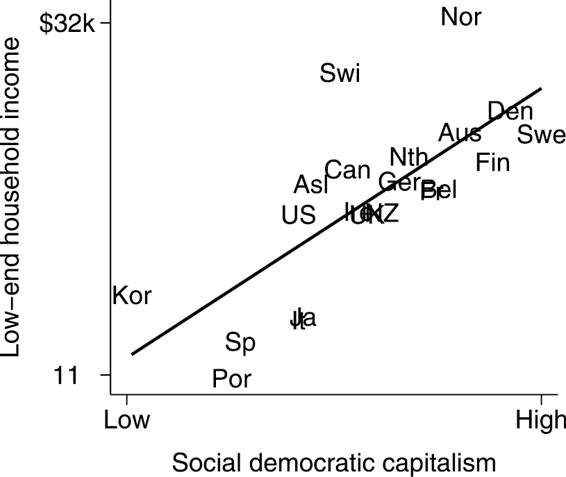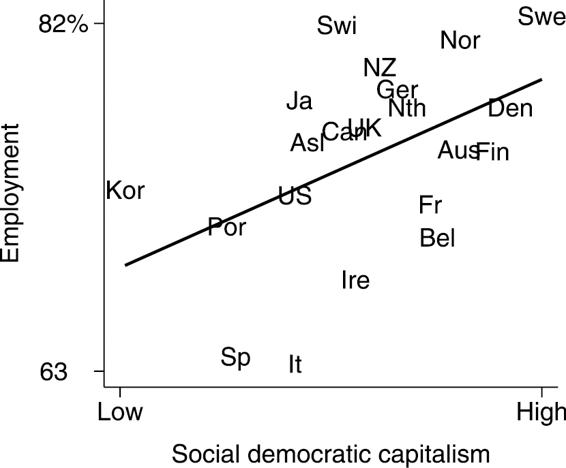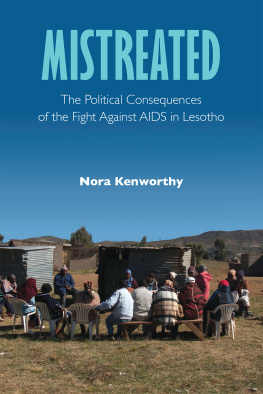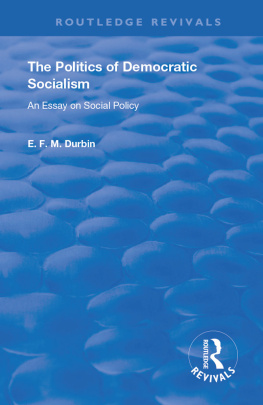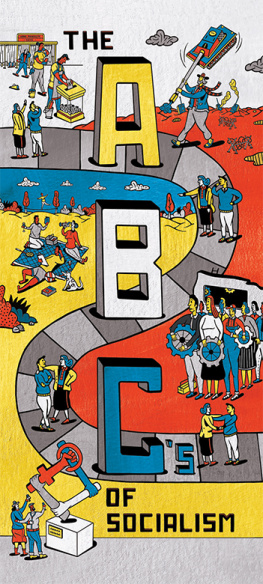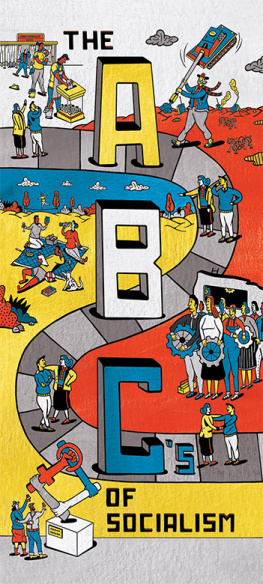Would Democratic Socialism Be Better?
Would Democratic Socialism Be Better?
LANE KENWORTHY
Oxford University Press is a department of the University of Oxford. It furthers the Universitys objective of excellence in research, scholarship, and education by publishing worldwide. Oxford is a registered trade mark of Oxford University Press in the UK and certain other countries.
Published in the United States of America by Oxford University Press
198 Madison Avenue, New York, NY 10016, United States of America.
Lane Kenworthy 2022
All rights reserved. No part of this publication may be reproduced, stored in a retrieval system, or transmitted, in any form or by any means, without the prior permission in writing of Oxford University Press, or as expressly permitted by law, by license, or under terms agreed with the appropriate reproduction rights organization. Inquiries concerning reproduction outside the scope of the above should be sent to the Rights Department, Oxford University Press, at the address above.
You must not circulate this work in any other form and you must impose this same condition on any acquirer.
Library of Congress Control Number: 2022900096
ISBN 9780197636817 (pbk.)
ISBN 9780197636800 (hbk.)
ISBN 9780197636831 (epub.)
DOI: 10.1093/oso/9780197636800.001.0001
Contents
Socialism is back in the conversation. In the United States, of all places, recent polls suggest the share of young people who have a favorable impression of socialism is about the same as the share that have a favorable view of capitalism.
Is there a compelling case for socialism? Should we aspire to shift, in the reasonably near future, from a basically capitalist economy to a socialist one?
Lets stipulate that socialism refers to an economy in which two-thirds or more of employment and output (GDP) is in firms that are owned by the government, citizens, or workers. Two-thirds is an arbitrary cutoff, but its as sensible as any other. It connotes a subsidiary role for the private non-worker-owned sector.
Since the Bolshevik revolution in Russia in 1917, much of the debate about socialism has focused on lessons that can be drawn from the experience of the former Soviet Union, Cuba, and other actually existing self-styled socialist countries. my focus is on the kind of socialism currently desired by proponents in the worlds affluent democratic nations. That socialism presupposes a democratic political system. That socialism would be a democratic socialism.
Some of the debate over democratic socialism concerns goals. The case for democratic socialism typically is motivated by goals such as freedom, opportunity, democracy, equality, and solidarity, among others. While I have some quibblesas I explain in later chapters, I think some attach too high a priority to economic equality and to a particular form of economic democracyfor the most part I endorse the outcomes democratic socialists say they want. The aim of this book isnt to question those goals.
To offer a realistic alternative, socialism must be workable. Socialisms proponents have put a good bit of effort into designing institutions and policies that might make a democratic socialist economy function effectively. I will draw on these proposals. In doing so Ill assume they are in fact workable, though Ill also emphasize that there is considerable uncertainty, since evidence is thin or nonexistent.
A potentially significant consideration in evaluating democratic socialism is the possibility of a transition trougha steep and lengthy downturn in economic well-being during the shift from capitalism to socialism. There might indeed be a significant economic cost to transitioning if opponents stop investing or shift their assets to other countries. But maybe not. Perhaps the transition trough would be like an ordinary economic recessionpainful but temporary. This too I will set aside.
My focus is on what has tended to be the centerpiece of the case for democratic socialism: the notion that capitalism is bad, or at least not very good. In reaching this conclusion, most have either analyzed a theoretical ideal-type of capitalism, as Karl Marx famously did in Capital , or used a single country, often the United States, as a stand-in for capitalism. I try in this book to offer such an assessment. My conclusion is that capitalism, and particularly social democratic capitalism, is better than many democratic socialists seem to think.
The Reference Point: Social Democratic Capitalism
Social democratic capitalism features a capitalist economy, a democratic political system, good elementary and secondary (K-12) schooling, a big welfare state, employment-conducive public services (childcare, job training, and others), and moderate regulation of product and labor markets. This set of institutions and policies improves living standards for the least well-off, enhances economic security, and boosts equality of opportunity. It does so without sacrificing the many other things we want in a good society, from liberty to economic growth to happiness and much more.
Figure 1.1 Social democratic capitalism and living standards of the least well-off
Low-end household income: posttransfer-posttax income at the 10th percentile of the income distribution. 20102016. The incomes are adjusted for household size and then rescaled to reflect a three-person household, adjusted for inflation, and converted to US dollars using purchasing power parities. k = thousand. Data sources: Luxembourg Income Study; OECD. Social democratic capitalism: average standard deviation score on four indicators: public expenditures on social programs as a share of GDP, replacement rates for major public transfer programs, public expenditures on employment-oriented services, and modest regulation of product and labor markets. The data cover the period 19802015. Data source: Lane , Oxford University Press, 2020, pp. 3940. Asl is Australia; Aus is Austria. The line is a linear regression line. The correlation is +.73.
The country ranking is consistent with what we would expect. The Nordic countries score highest (they are to the right on the horizontal axis). They are followed by five continental European nations that have big welfare states but less public spending on employment-promoting services and heavier regulation of product and labor markets: Austria, Belgium, France, the Netherlands, and Germany. In the lower half of scores are Switzerland, Japan, and six English-speaking countries, which have smaller welfare states and limited public spending on employment-oriented services. They are joined by three southern European nations and South Korea, which have medium-sized or small welfare states, comparatively little employment-promoting service spending, and heavy product and labor market regulation.
On the vertical axis in
In
Figure 1.2 Social democratic capitalism and employment
Employment: employed persons age 2564 as a share of all persons age 2564. 20102016. Data source: OECD. Social democratic capitalism: see . Asl is Australia; Aus is Austria. The line is a linear regression line. The correlation is +.47.


